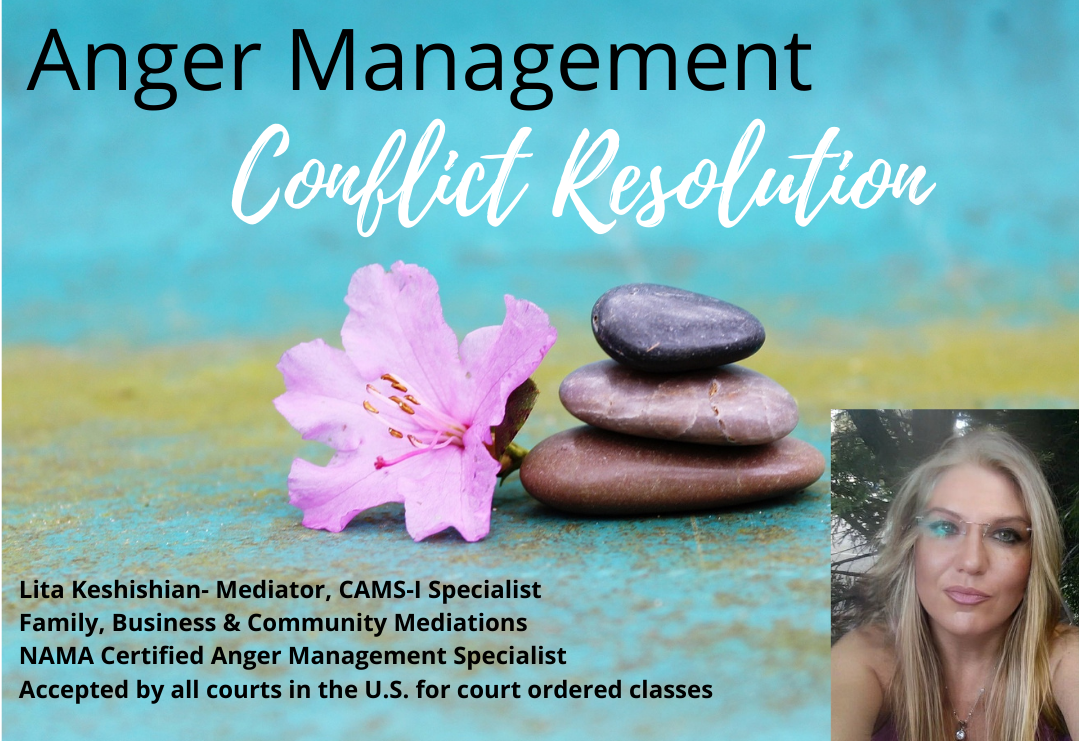How Does The Anger Management Process Work?
Anger Management is a psycho-therapeutic program for anger prevention and control, where a trained Anger Management Specialist assists the participants in a guided method of recognizing the early signs of feelings of anger, the mental and physical response of the body, and learning to take action to calm down and deal with the given situation in a productive manner. Anger Management does not try to keep you from feeling anger, nor does it encourage you to hold it in. Anger is a very normal healthy emotion when you know how to express it appropriately and control the way you respond to these emotions. Classes can be taken in a group or one-on-one and the length and number of sessions vary depending on your specific needs or requirements specified in a court order. Employers will also order such classes as a requirement for employment if they feel the employee displays anger issues that are detrimental to the workplace. Another popular use of Anger Management Classes is at schools or requested by parents to deal with anger issues within the family, children and teens.
Recognizing the 8 signs of needing help controlling your anger include:
1. Regularly feeling that you have to hold in your anger
2. Persistent negative thinking and focusing on negative experiences
3. Constant feelings of irritation, impatience and hostility
4. Frequent arguments with others that escalate frustrations
5. Physical violence, such as hitting your partner or children or starting fights
6. Threats of violence against people or property
7. Out-of-control or frightening behavior, such as breaking things or driving recklessly
8. Avoiding situations because of anxiety or depression about anger outbursts
Recognizing the 3 signs of anger triggers:
1. Stressors that commonly trigger or worsen your anger
Frustration with a child or partner, financial stress, traffic issues or problems with a co-worker
2. Physical signs that your feelings of anger are rising
Poor sleep, clenching your jaw, a racing heart, driving too fast.
3. Emotional signs that your anger is on a rise
Feelings of wanting to yell at someone or feeling that you are holding in what you really want to say.
The goal of Anger Management Classes is to teach you to:
- 1. Manage factors that may make you more likely to get angry, such as improving sleep and keeping stress low with stress management skills.
2. Identify situations that are likely to set you off and respond in non-aggressive ways before getting angry.
3. Learn specific skills to use in situations likely to trigger your anger
4. Recognize when you are not thinking logically about a situation and alter your thinking pattern.
5. Calm yourself down when you begin to feel upset by using relaxation techniques.
6. Express your feelings and needs assertively but not aggressively in situations that cause you to feel anger
7. Focus on problem solving during frustrating situations, instead of using energy to be angry to re-direct your energy to resolve the situation.
8. Communicate effectively to defuse anger and resolve conflicts



